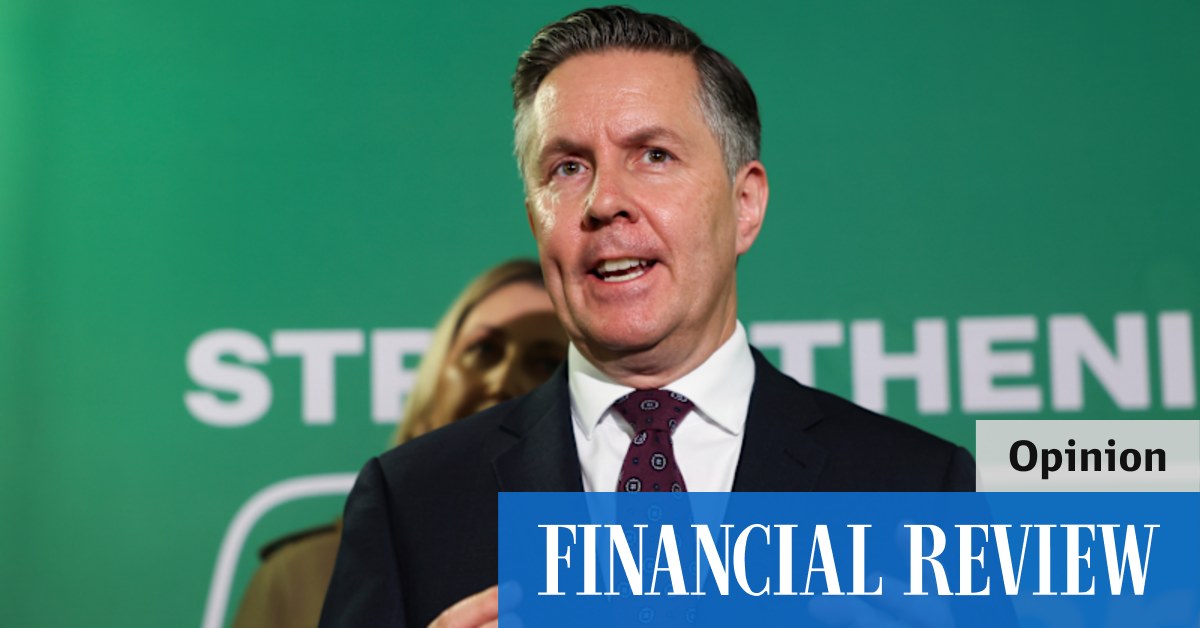Healthscope Collapse: Private Equity's Tougher Future?
The recent struggles of Healthscope, once a shining example of private equity success in the Australian healthcare sector, are raising serious questions about the future of such investments. The company's near-collapse, necessitating a significant debt restructuring, serves as a cautionary tale, highlighting the challenges and potential pitfalls of private equity's foray into the complex world of healthcare. Is this a sign of a tougher road ahead for private equity firms looking to profit from healthcare assets?
The Healthscope Story: From Success to Struggle
Healthscope's journey is a classic example of a private equity success story gone sour. Initially, the private equity acquisition promised increased efficiency and improved profitability. However, a combination of factors contributed to its downfall, including:
- High Debt Levels: The leveraged buyout structure, typical of private equity deals, left Healthscope with a significant debt burden. This proved unsustainable in the face of unforeseen challenges.
- Economic Headwinds: The impact of the COVID-19 pandemic, coupled with broader economic uncertainty, significantly impacted patient volumes and revenue streams.
- Regulatory Scrutiny: Increased regulatory oversight and pressure on healthcare pricing also played a role in squeezing Healthscope's margins.
- Operational Challenges: Integrating acquired assets and implementing cost-cutting measures proved more difficult than anticipated, leading to operational inefficiencies.
These challenges ultimately led to a financial crisis, forcing Healthscope to renegotiate its debt obligations and undertake a major restructuring. The outcome raises concerns about the broader implications for the private equity industry and its future investments in the healthcare sector.
Implications for Private Equity in Healthcare
The Healthscope case highlights several key risks associated with private equity investment in healthcare:
- Over-Leveraging: The reliance on high levels of debt to finance acquisitions can leave companies vulnerable to economic downturns and unexpected challenges.
- Operational Complexity: The healthcare industry is complex, with significant regulatory hurdles and operational intricacies that can be difficult for private equity firms to navigate effectively.
- Predicting Future Demand: Healthcare demand is influenced by numerous unpredictable factors, including demographics, public health crises, and technological advancements. Accurately forecasting future demand is crucial for successful investment.
- Balancing Profitability with Patient Care: The pursuit of profit should never come at the expense of patient care. Private equity firms need to strike a delicate balance between financial returns and the provision of high-quality healthcare services.
A Shifting Landscape for Healthcare Investments
The future of private equity in healthcare is undoubtedly evolving. The Healthscope case underscores the need for a more cautious and nuanced approach, focusing on:
- Robust Due Diligence: A thorough assessment of the target company's financial health, operational capabilities, and regulatory compliance is critical.
- Sustainable Financial Structures: Minimizing debt levels and employing more conservative financing strategies can mitigate risks.
- Long-Term Vision: A focus on long-term value creation, rather than short-term profits, is essential for sustainable success in the healthcare industry.
- Transparency and Accountability: Greater transparency in investment strategies and accountability for the quality of care provided are crucial for building trust and maintaining a positive reputation.
Conclusion: A Wake-Up Call?
The Healthscope collapse serves as a powerful wake-up call for private equity firms. While the healthcare sector offers significant opportunities for investment, success requires a carefully considered and responsible approach. Ignoring the complexities of the healthcare landscape and prioritizing short-term gains over sustainable growth could lead to similar outcomes. The future success of private equity in healthcare hinges on adapting to these changing dynamics and embracing a more sustainable and ethical investment model. The industry needs to learn from Healthscope’s struggles and adjust accordingly.
Further Reading: [Link to relevant article on private equity in healthcare] [Link to Healthscope's official statement on restructuring]
(Note: Replace bracketed links with actual links to relevant and authoritative sources.)

